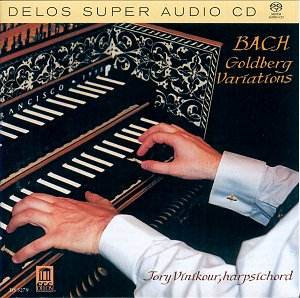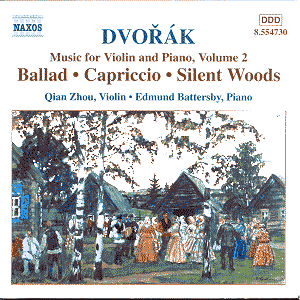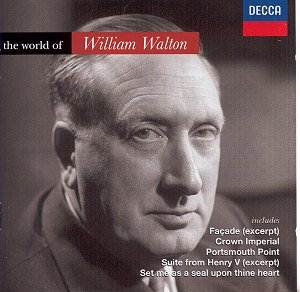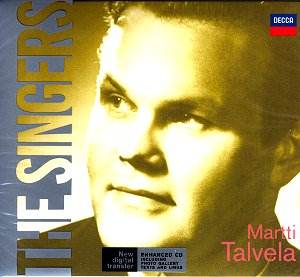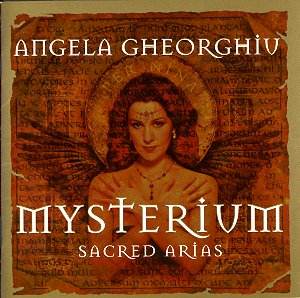 Composer: Angela Gheorghiu
Composer: Angela Gheorghiu
Works: Mysterium, including selections from Anton, Gheorghe Popescu-Brănești, Gheorghe Cucu, Evghenie Humulescu, Adolphe Adam, Franz Schubert, Gabriel Fauré, Johannes Brahms, Felix Mendelssohn, Giacomo Puccini, Pietro Mascagni, Louis Niedermeyer, J.S. Bach, John Wade
Performers: Angela Gheorghiu (soprano), Romanian National Chamber Choir “Madrigal”, London Philharmonic Orchestra, Ion Marin (conductor)
Recording: All Hallows Church, London, 2001
Label: Decca 466 102-2 [61.21]
Angela Gheorghiu’s “Mysterium” is an intriguing exploration of sacred and liturgical music, reflecting both personal and cultural significance. The album serves as a homage to Gheorghiu’s late sister, Nina, and showcases a selection of works that traverse various languages and musical styles. This collection, featuring pieces by composers ranging from the Romanian twentieth-century sacred revival to more widely recognized Western classical figures, attempts to create a tapestry of faith and remembrance, albeit with varying degrees of success.
Gheorghiu’s interpretations display a high level of vocal craftsmanship, yet they are not without inconsistency. The opening piece, with its resonant tap of the toaca, immerses the listener into the Romanian Orthodox musical tradition, setting an appropriate tone for the subsequent works. The standout moment arrives with “Iubi-Te-voi, Doamne,” where Gheorghiu’s heartfelt delivery aligns beautifully with the emotional weight of the piece, showcasing both her technical prowess and her ability to convey deep feeling. Chris Hazell’s arrangements play a crucial role in this performance, yet his contributions lack sufficient acknowledgment in the liner notes, which is a missed opportunity to illuminate the collaborative effort behind the album.
While the overall standard of singing remains commendably high, some interpretations falter. Gheorghiu’s Fauré, for instance, comes off as somewhat tepid; the subtlety inherent in Fauré’s style is overshadowed by a lack of interpretive depth. Her German in Mendelssohn’s work could be described as unidiomatic, leading to a performance that feels more like a technical exercise than a genuine expression of the music’s lyrical qualities.
Contrastingly, her rendition of Puccini’s “Salve Regina” reveals a more natural unfolding of her voice, where she connects with the music’s devotional essence. The lush orchestral backdrop, although limited in its musical scope, allows Gheorghiu’s coloristic shading to shine. The juxtaposition of her voice against the oboe in Niedermeyer’s “Pieta, Signore” creates a tender dialogue that is particularly memorable, further enhanced by Hazell’s skillful orchestration.
However, the Schubert “Ave Maria” suffers from over-emphasis, with its melismatic choral contributions feeling excessive, while the lush string arrangements threaten to overshadow the simplicity of the original melody. The orchestral layering, especially when the clarinets and horns introduce the melody at the end, is a testament to Hazell’s adeptness, though it diverges from the intimate spirit of the piece. The closing “Adeste, fideles,” arranged with a certain lusty vigor, teeters on the edge of parody, yet it encapsulates the album’s intent to celebrate the festive nature of faith.
The recording quality, captured in the acoustics of All Hallows Church, offers a warm resonance that suits the choral and orchestral textures. However, the engineering occasionally reveals a lack of clarity in the balance between Gheorghiu and the accompanying forces, leading to moments where her voice is swallowed by the orchestral swell.
This album, while rich in emotional undercurrents and cultural significance, ultimately presents a mixed bag of interpretations and performances. Gheorghiu’s artistry is evident, yet the inconsistency in her interpretative choices and the uneven support from the London Philharmonic Orchestra detracts from the overall impact. “Mysterium” stands as a heartfelt tribute, yet it is perhaps best appreciated as a personal offering rather than a definitive exploration of the sacred repertoire. The album provides insights into Gheorghiu’s artistic journey, yet it leaves one yearning for a more cohesive and compelling realization of the music’s inherent beauty.
